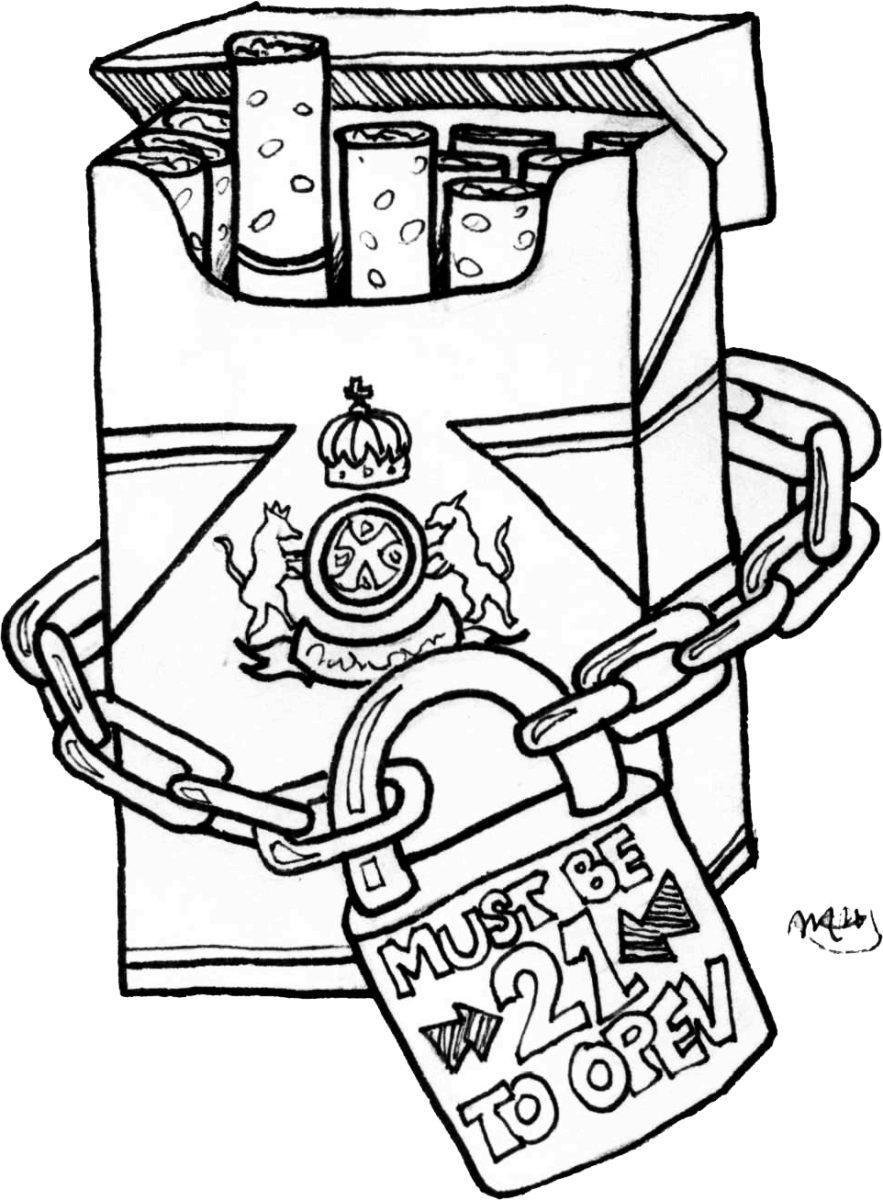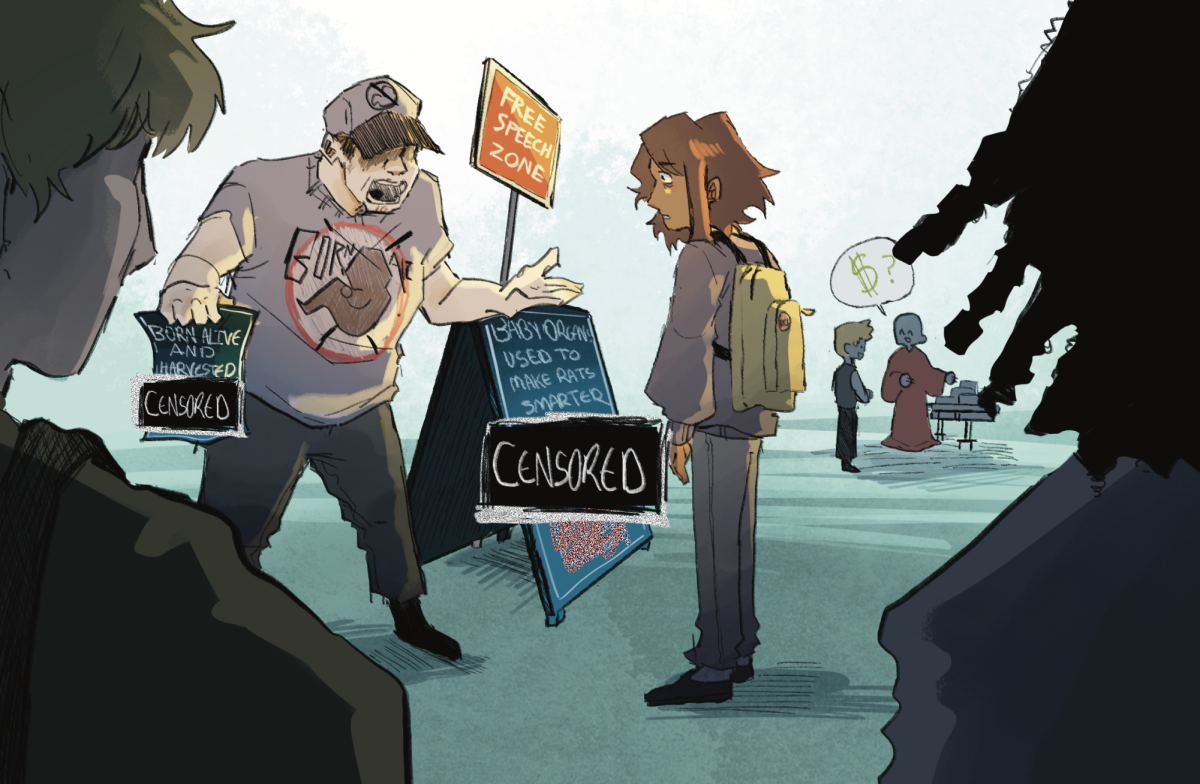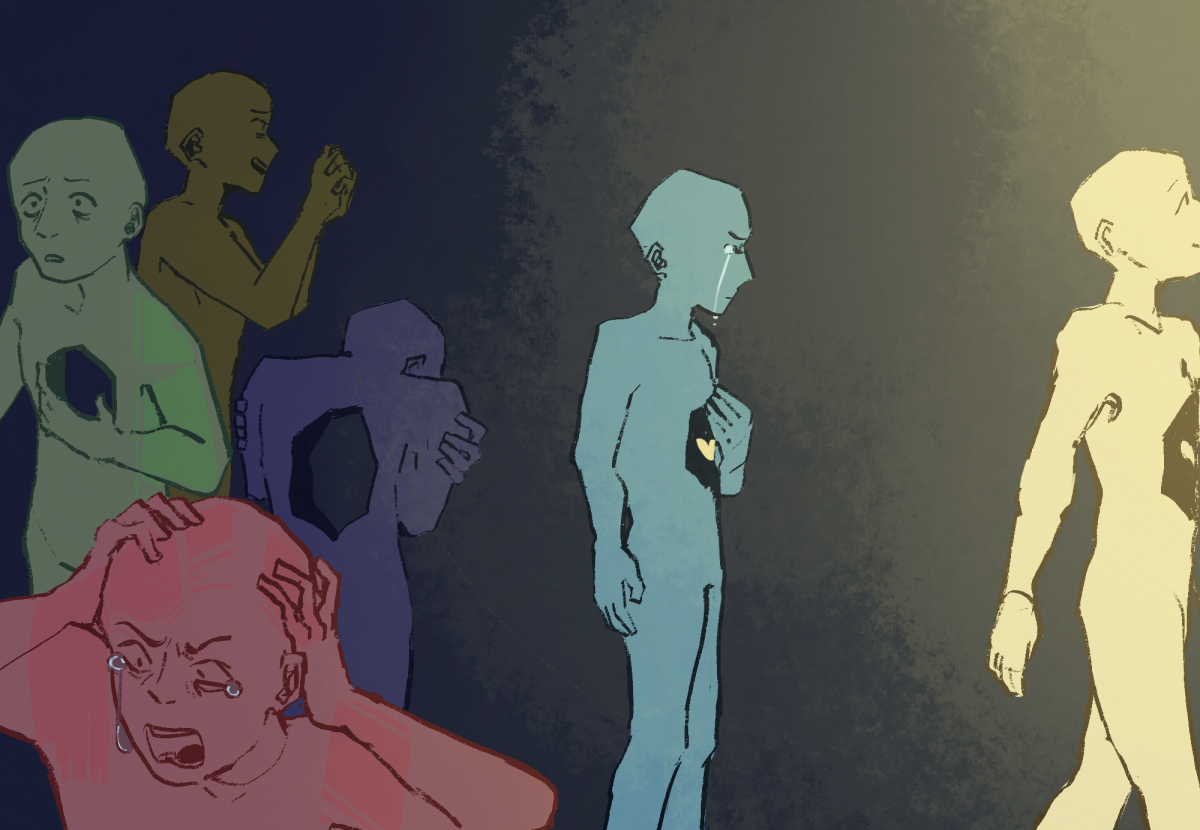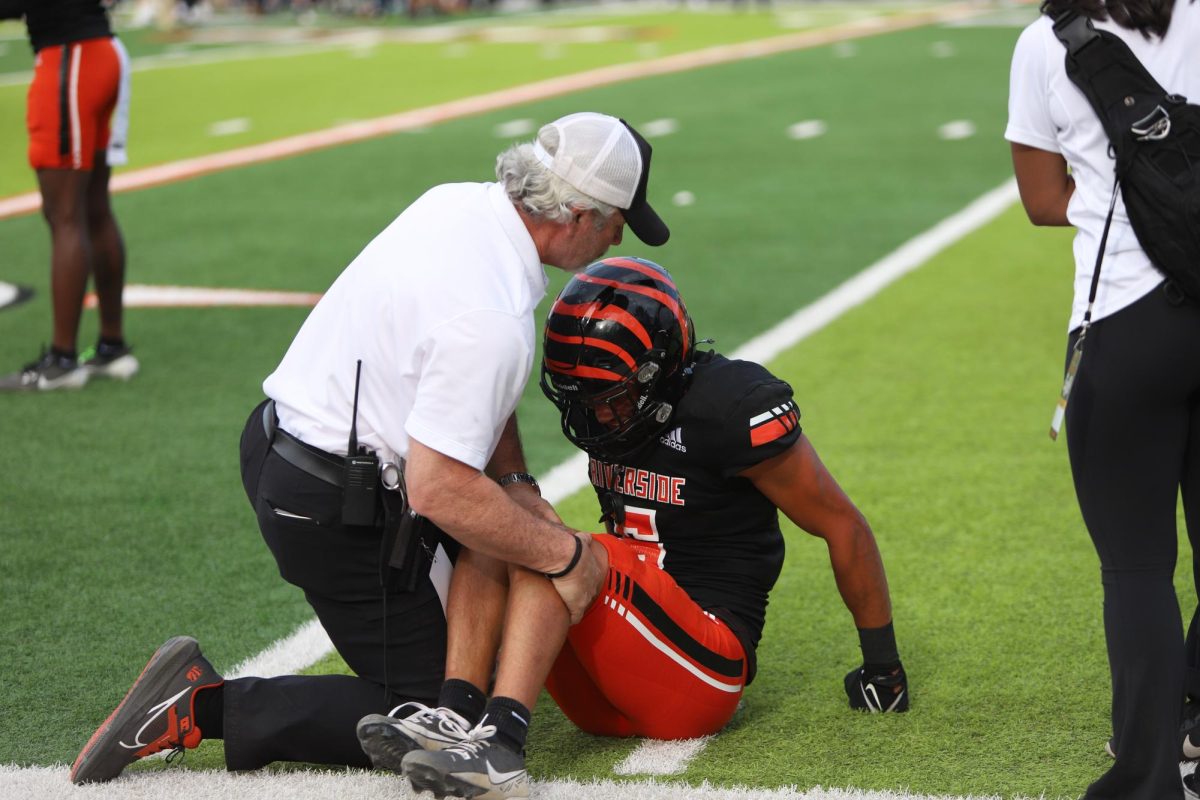Why Gov. Jerry Brown should sign the smoking bills
Smoking in California isn’t seen as a huge problem, in fact, except for Utah the state has one of the lowest smoking rates in the country. However, best just isn’t good enough for the Golden State.
California representatives voted March 10 to send a series of measures to Gov. Jerry Brown’s desk, one of which included raising the age to buy and use tobacco products and e-cigarettes from 18 to 21.
The landmark series of bills also included legislature that would treat and regulate vaping the same as tobacco use under law, along with allowing for higher taxes to be imposed on the habit than the currently established 87 cent vice tax.
We are in full support of the California legislative body’s decision to take action and make a stand against big tobacco companies and protect the health of their citizens and we wholeheartedly urge Brown to sign through the series of laws that would greatly decrease smoking within the state.
If Brown signs the bill, California would become the second state, after Hawaii along with over 100 cities across the nation, to raise its smoking age.
Opponents of the bill argue that the bill is an encroachment on their civil rights, or that it undermines our country’s set age of legality of 18.
Some may believe that if you can give consent at 16 in most states and are allowed to go off to war and die for your country at 18 then you should be able to decide for yourself whether or not to smoke.
But these sentiments are flawed because of amendments those in the military are exempt from the new restrictions. The whole reasoning for raising the age is because smoking poses a serious health issue in our state.
The Centers for Disease Control and Prevention reports that on average smoking is experiencing a downward trend with 20.9 percent of adults smoking cigarettes in 2005 and only 16.8 percent in 2014. However, there is still massive concern over the millions of Americans who continue to smoke.
In a 2014 report by the U.S. Department of Health and Human Services titled “The Health Consequences of Smoking — 50 Years of Progress: A Report of the Surgeon General” it is estimated that more than 16 million Americans live with some form of smoking-related disease and that 1 of every 5 deaths every year is due to preventable disease caused by smoking.
It’s true things aren’t nearly as bad as they used to be, if you were to compare attitudes towards smoking in Los Angeles in the 1980s to those of today you would definitely hear a lot more disapproval now. But it isn’t enough.
The Substance Abuse and Mental Health Services Administration found in their 2014 National Survey on Drug Use and Health that over 90 percent of current tobacco smokers began smoking before the age of 19, and that 55.2 million people in the United States over the age of 12 were tobacco smokers with 1.2 million people aged 12-17 identifying as continuing cigarette smokers.
This health issue hits close to home here at Riverside City College where school officials have been facing an up-hill battle trying to enforce the campus’ 2009 smoking ban, placing anti-smoking banners and signs around campus and having campus police escort smokers off campus.
When we look at the demographics of the college we see that the largest group of students are aged 20-24 with 40 percent and the second largest unsurprisingly are students under the age of 20 coming in at 31 percent of the college’s population.
People assume there’s no point to raising the age because cigarettes, like alcohol, will still find a way to trickle down into the hands of those want it bad enough, but, with these measures, there will be a greater age between those under 18 and those old enough to purchase the products.
There are also concerns regarding enforcement of the law, which some people say will only cause a lot of trouble and confusion across the state, however cities across the country have faced little trouble with the transition.
Concert venues will simply begin treating cigarettes as alcohol using a typical 21 and over wristband to identify those old enough to partake. Most college campuses already have cigarettes banned, our own Riverside Community College District Police Sgt. Robert Kleveno says he doesn’t expect a change in how he will treat smokers, simply escorting them off campus.
If someone is found to be smoking underage on-campus then they will treated the same as they are now, the smoker will be escorted to the Dean of Student Services for a reprimand.
According to a study from the Institute of Medicine, it was stated that if the smoking age was raised, “tobacco use would drop by 12 percent by the time today’s teens reached adulthood. In addition, there would be 223,000 fewer premature deaths and 50,000 fewer deaths from lung cancer.”
Vaping itself has taken hold of the campus with people seen everyday casually taking a puff in the staircase in the parking structure, biking across campus or just hanging out in the Quad.
The habit isn’t seen as dangerous as traditional tobacco smoking but there are still a lot of the risks associated with vaping because of the nicotine present in the chemicals which still cause addiction among users and despite there not being nearly enough research done on its effects some studies suggest lungs and immune systems may be negatively affected by prolonged usage.
We believe that too many people are letting themselves fall victim to these unhealthy habits and support the state senate’s refusal to be anything less than exceptional. Smoking is a public health issue and an environmental issue not a personal issue.



















